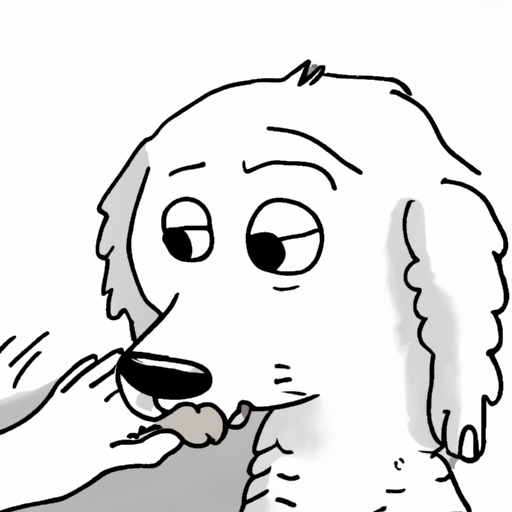1. Introduction
As a caregiver to our fur babies, you may have noticed your dog engaging in a peculiar behavior: nibbling. You might be wondering, “why does my dog nibble on me?”. Is it a sign of affection or an indication of a problem? Don’t fret, this article is here to shed light on this canine mystery.
2. Understanding Canine Behavior
Dogs are complex creatures with a repertoire of behaviors that can sometimes seem foreign to us. To understand why your dog might nibble on you, it’s important to decipher the canine language. Dogs communicate through a variety of ways, and one of those methods is through nibbling.
- Affection: Dogs often nibble on their loved ones as a sign of intimacy. It’s similar to grooming behavior seen in other animals.
- Teething: Puppies may nibble on you as a way to soothe the discomfort of their incoming teeth.
| Behavior | Reason |
|---|---|
| Nibbling | Affection, Teething |
3. When Nibbling Becomes A Problem
While nibbling is often harmless, it can sometimes be a sign of a more serious issue.
- Anxiety: If your dog is nibbling excessively, it might be a sign of anxiety or stress.
- Health Issues: Sometimes, nibbling may be associated with dental issues or other health problems.
If you notice any of these signs, it’s important to consult with a vet to rule out any possible health problems.
4. How To Respond To Nibbling
As a caregiver, how you respond to your dog’s nibbling behavior can make a big difference.
- Positive Reinforcement: Reward your dog for positive behavior to discourage nibbling.
- Distraction: Provide plenty of chew toys to distract your dog from nibbling on you or your belongings.
5. Frequently Asked Questions (FAQs)
Q: Is nibbling a sign of affection?
A: Yes, it can be. Dogs often nibble on their loved ones as a sign of intimacy.
Q: Can nibbling be a sign of teething in puppies?
A: Yes, puppies may nibble on you as a way to soothe the discomfort of their incoming teeth.
Q: What should I do if my dog is nibbling excessively?
A: If your dog is nibbling excessively, it might be a sign of anxiety or stress. In such cases, it’s always a good idea to consult with a vet.
In conclusion, while your dog’s nibbling might seem like a mystery, understanding their behavior can help you recognize their needs. Remember, every dog is unique and your ability to understand and respond to their behavior is what makes you an excellent caregiver.



